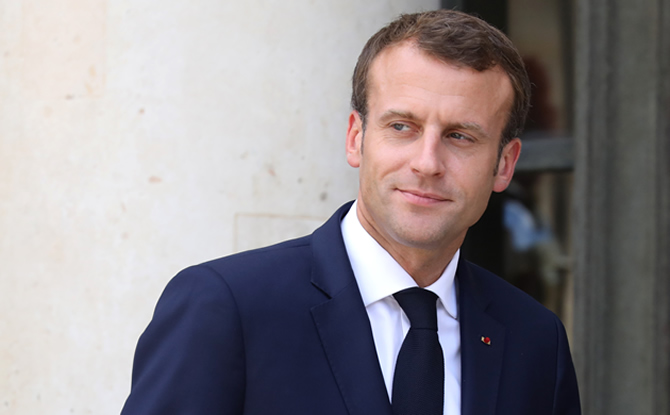French President Emmanuel Macron announced a new government on Saturday, led by Prime Minister Michel Barnier, signaling a shift to the right, 11 weeks after a deadlocked parliamentary election.
Barnier, a seasoned conservative and former European Union Brexit negotiator, faces the immediate challenge of presenting a 2025 budget plan to address France’s “very serious” financial situation, as he described it earlier this week. Having been appointed just over two weeks ago, Barnier’s top priority is to secure enough parliamentary support to survive an expected no-confidence vote.
Despite Barnier’s efforts, opposition from the left has already vowed to challenge his government. In the July election, the New Popular Front (NFP), a left-wing alliance, won the most seats but fell short of a majority. Macron argued that the NFP wouldn’t be able to form a stable government and instead turned to Barnier, hoping to draw support from Macron’s centrist allies, the conservative Republicans (LR), and other centrists.
However, Barnier’s new cabinet has faced immediate criticism. National Rally (RN) leader Jordan Bardella condemned the government as “a return to Macronism” with “no future.” Meanwhile, far-left leader Jean-Luc Mélenchon labeled the cabinet a “government of election losers” and urged that it be ousted swiftly.
Notable new appointments include Foreign Minister Jean-Noël Barrot, a centrist, and conservative Bruno Retailleau as interior minister, overseeing immigration. Defense Minister Sébastien Lecornu, a close Macron ally, retained his position. The critical task of drafting next year’s budget now falls to 33-year-old Antoine Armand, the newly appointed finance minister, who previously chaired the parliament’s economic affairs commission.
Before the cabinet announcement, thousands of left-leaning protesters rallied in Paris, Marseille, and other cities, expressing anger over a government they believe does not reflect the parliamentary election results. “I’m here because this outcome doesn’t reflect how people voted,” said Violette Bourguignon, a 21-year-old protester in Paris. “I’m worried and angry. What’s the point of having an election at all?”


